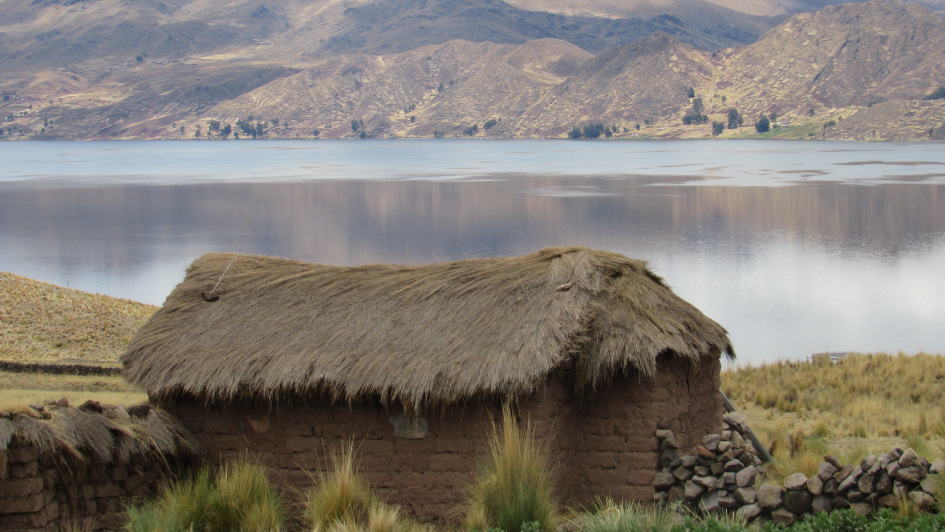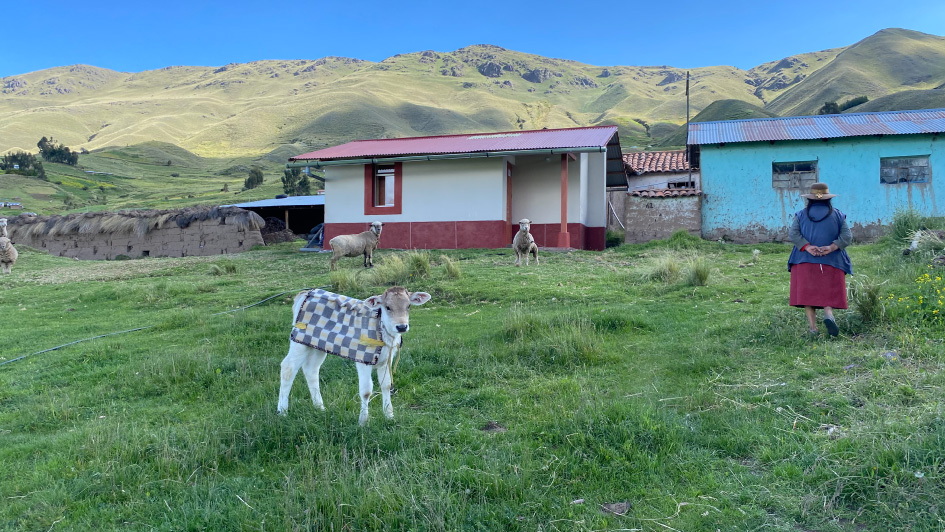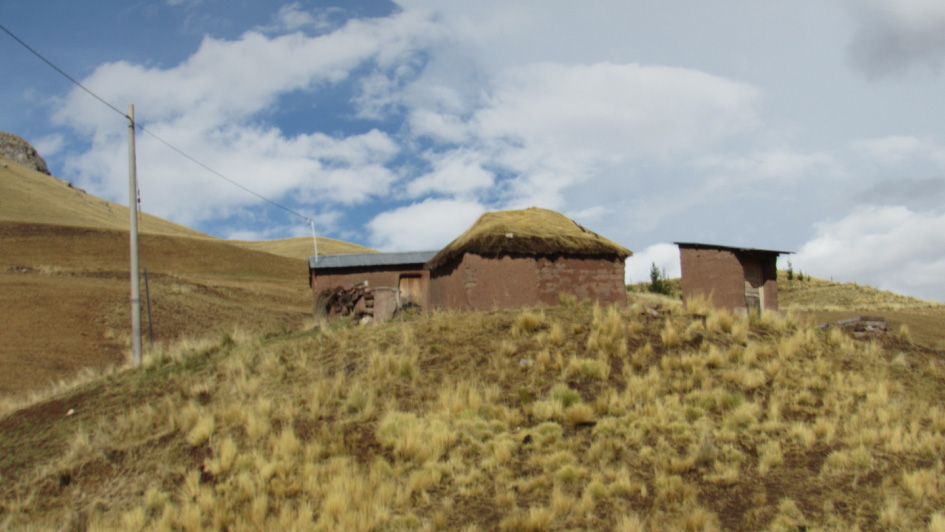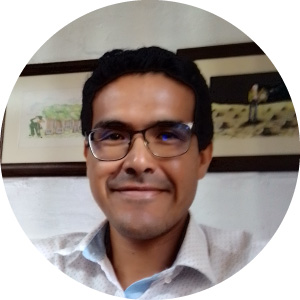



"It is important to understand rural housing organization and evolution in High Andes,and what aspects can be improved so that the information collected serves as a roadmap for possible interventions that take into account the real needs of the people who inhabit it," explains Arch. Silvia Onnis, Professor of the Academic Department of Architecture.
That need promoted the collaboration between the Earth Center Research Group of Architecture (to which Onnis belongs) and the Rural Sector Support Group of Mechanical Engineering, whose members traveled in May to the district of Langui, Cusco, to study 25 rural houses and analyze the thermal perception of locals.
In this sense,the project, funded by the Peruvian Council of Science, Technology, and Technological Innovation (CONCYTEC), through ProCiencia, has as its main objective to improve thermal comfort conditions in homes in the High Andes of Peru.

It is very important to develop projects with social impact, because, in this way, the academy becomes a spokesperson for the needs of the communities."
Architect Silvia Onnis
Professor of the Department of Architecture
"We saw how houses change due to factors such as altitude, proximity to the lagoon, the family's economic activities, and the local materials available, such as stone,soil, and ichu. In addition, we analyzed how housing can change and have variations regarding these factors," she adds.
In this sense, she points out that "it is important to understand rural housing asa productive housing. There, the family does not only live but also produces and integrates the work of agriculture and livestock."
Onnis explains that strengthening the level of knowledge of houses and communities allows more effective interventions. "We must really understand the identity and needs of the population so that the actions are more effective," she says.
Indeed, as she points out, "we have to improve the well-being of the population through decent housing."
Finally,Onnis points out that, for PUCP, "it is very important to develop projects with social impact because, in this way, academia becomes a spokesperson for the needs of communities."
How does the need arise to develop this project?
The researchers of this project have several years of experience in the development of improvements to rural high-Andean houses and heating technologies for them.Many of them are usually in poor condition, as they can be very cold at night or very hot during the day. Therefore, the objective of our research has always been to improve houses to reach comfortable temperatures and thus contribute,for example, to reduce the frequency of respiratory diseases in the area,caused by, among other factors, the cold inside at night.
Our research project seeks to find this range of local comfort temperatures. If different from international standards, it would have an important impact on research projects we have been working on housing improvements and public housing programs.
Besides the importance of indoor air temperatures to achieve comfortable environments,thermal comfort also depends on other variables, such as relative air humidity,types of local houses and socio-cultural factors, which is why we also include them in our research. In this way, we continue with the University commitment to develop solutions for our country issues.

We are gathering information on the physical characteristics of local houses, the uses that the different rooms of houses have and local habits to achieve comfort."
Enrique Mejía, M.Sc.
Member of the Rural Sector Support Group (GRUPO PUCP) and co-researcher at KTH University (Sweden)
What problem are you trying to address?
We seek to contribute to the improvement of the quality of housing in rural high Andes.Approximately half of this population lives in poverty, reflected in the state of their houses, which offer little protection from the outside environment.For example, the problem of cold inside these houses during the winter months,especially when frosts occur, is known nationwide.
What is the project about? What stage is it in?
In the project, we are interviewing inhabitants of the Langui district (Canas, Cusco)about thermal comfort. This is an international methodology to find comfort temperatures and the relationship of comfort with other variables, such as air currents. Being this an international methodology, we organized workshops with the population to adapt the survey questions to local conditions. We are gathering information on the physical characteristics of local houses, the uses that the different rooms of houses have and local habits to achieve comfort. Our goal is to define local housing typologies to understand how local comfort relates to their houses.
According to the project, what features would the houses develop to enhance thermal comfort?
We propose that houses built in the high Andes should be comfortable either by day or by night. And this should be the goal of public housing programs. We think it's important to focus on comfort by day, even though it doesn't seem to be a priority for locals. Finally, we also propose that houses should be designed considering other physical variables, such as relative humidity or healthy ventilation levels, and the uses people give to their houses.
© 2020. Pontificia Universidad Católica del Perú – All rights reserved.